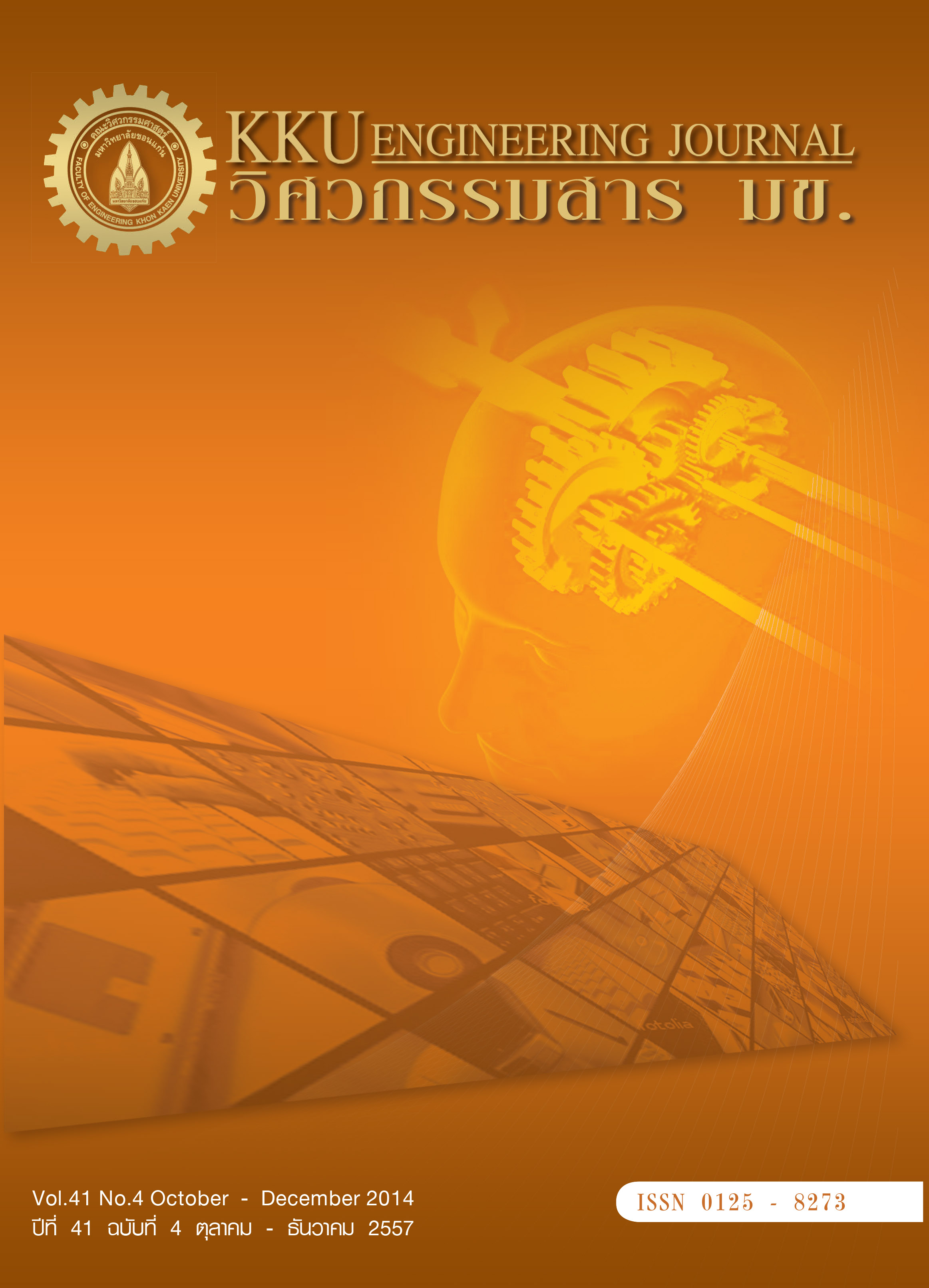Role of hybrid forecasting techniques for transportation planning of broiler meat under uncertain demand in thailand
Main Article Content
Abstract
One of numerous problems experiencing in supply chain management is the demand. Most demands are
appeared in terms of uncertainty. The broiler meat industry is inevitably encountering the same problem. In this
research, hybrid forecasting model of ARIMA and Support Vector Machine (SVMs) are developed to forecast
broiler meat export. In addition, ARIMA, SVMs, and Moving Average (MA) are chosen for comparing the
forecasting efficiency. All the forecasting models are tested and validated using the data of Brazil’s export,
Canada’s export, and Thailand’s export. The hybrid model provides accuracy of the forecasted values that are
98.71%, 97.50%, and 93.01%, respectively. In addition, the hybrid model presents the least error of all MAE,
RMSE, and MAPE comparing with other forecasting models. As forecasted data are applied to transportation
planning, the mean absolute percentage error (MAPE) of optimal value of forecasted value and actual value is
14.53%. The hybrid forecasting model shows an ability to reduce risk of total cost of transportation when broiler
meat export is forecasted by using MA(2), MA(3), ARIMA, and SVM are 50.59%, 60.18%, 68.01%, and 46.55%,
respectively. The results indicate that the developed forecasting model is recommended to broiler meat
industries’ supply chain decision.
appeared in terms of uncertainty. The broiler meat industry is inevitably encountering the same problem. In this
research, hybrid forecasting model of ARIMA and Support Vector Machine (SVMs) are developed to forecast
broiler meat export. In addition, ARIMA, SVMs, and Moving Average (MA) are chosen for comparing the
forecasting efficiency. All the forecasting models are tested and validated using the data of Brazil’s export,
Canada’s export, and Thailand’s export. The hybrid model provides accuracy of the forecasted values that are
98.71%, 97.50%, and 93.01%, respectively. In addition, the hybrid model presents the least error of all MAE,
RMSE, and MAPE comparing with other forecasting models. As forecasted data are applied to transportation
planning, the mean absolute percentage error (MAPE) of optimal value of forecasted value and actual value is
14.53%. The hybrid forecasting model shows an ability to reduce risk of total cost of transportation when broiler
meat export is forecasted by using MA(2), MA(3), ARIMA, and SVM are 50.59%, 60.18%, 68.01%, and 46.55%,
respectively. The results indicate that the developed forecasting model is recommended to broiler meat
industries’ supply chain decision.
Article Details
How to Cite
Sujjaviriyasup, T., & Pitiruek, K. (2015). Role of hybrid forecasting techniques for transportation planning of broiler meat under uncertain demand in thailand. Engineering and Applied Science Research, 41(4), 427–435. retrieved from https://ph01.tci-thaijo.org/index.php/easr/article/view/28294
Issue
Section
ORIGINAL RESEARCH
This work is licensed under a Creative Commons Attribution-NonCommercial-NoDerivatives 4.0 International License.



